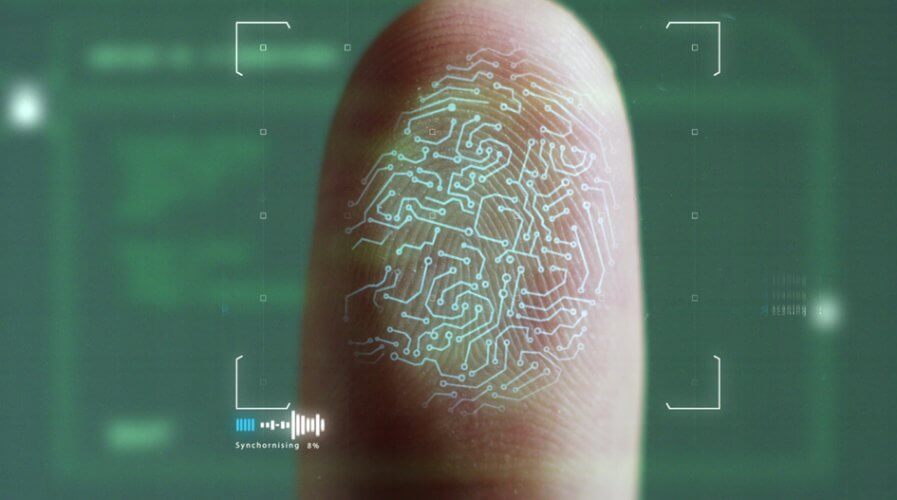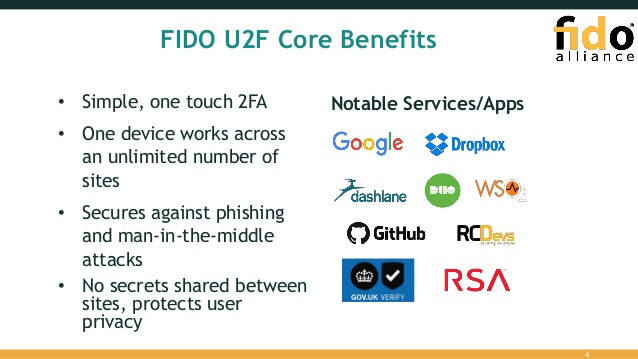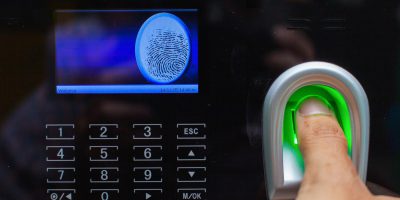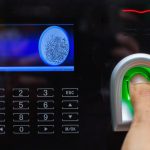
With a new biometric solution, passwords could be made obsolete as early as 2019. Source: Shutterstock
Why fingerprint and facial recognition will take over passwords
FOR years, the public and private sectors have been using biometric solutions in their organizations while retaining passwords for a few applications, but a recent development by the world’s two biggest tech companies might change that soon.
Now, Google and Microsoft are looking to introduce a password-free future by replacing passwords with fingerprint and facial recognition technology.
Both companies, during the recent RSA conference, showcased their efforts to aid internet platforms to do away with passwords through the use of smartphones and Windows PCs, according to BGR.
On Friday, Google showed how the fingerprint sensor on Android smartphones could be used to login to Paypal accounts. With the goal of ending the need for users to enter passwords to approve purchases via PayPal, Google displayed how Android users authenticate their transactions by simply scanning their fingerprints.
"@Microsoft is on on a mission to end traditional passwords," says @dianakelley14, announcing support for Fido 2.0 on @Windows Hello, and Microsoft Intelligent Security Association.
— Laura Hautala (@lhautala) April 16, 2018
ON PCs, users could be granted access to PayPal with facial recognition via their computer’s webcam. This allows users merely use their facial features to approve payments on PayPal.

Stolen passwords were behind 81 percent of all data breaches in 2016. Source: Fido 2.0
Many of the affordable Android-based smartphones have fingerprint scanning capabilities and Microsoft is currently adding facial recognition on most Windows PCs as part of the Windows Hello recognition system.
New alliance
During the RSA Conference, both Google and Microsoft announced a more convenient alternative to passwords under the Fast Identity Online (FIDO) Alliance.
“We all know that passwords are a problem,” said Brett McDowell, FIDO Alliance’s executive director, as quoted by PCMag.
McDowell said weak or stolen passwords were behind 81 percent of all data breaches in 2016, adding the FIDO 2.0, a new standard for login systems will solve issues like the hard-to-remember or complicated passwords.
With FIDO 2.0’s scanning of fingerprints and facial recognition, users will verify their identities via a unique private key that gives them access to a private internet account. For added security, the websites will not be allowed to learn or store the private key.
Google and Microsoft are preparing to adopt the FIDO 2.0 standard soon, making it possible that passwords could be made obsolete as early as 2019.
In a recent forecast, research firm Tractica expected global enterprise biometrics revenue to reach US$1.7 billion by 2024, with cumulative revenue for the 10-year period totaling US$7.9 billion at a compound annual growth rate (CAGR) of 28 percent.
READ MORE
- Strategies for Democratizing GenAI
- The criticality of endpoint management in cybersecurity and operations
- Ethical AI: The renewed importance of safeguarding data and customer privacy in Generative AI applications
- How Japan balances AI-driven opportunities with cybersecurity needs
- Deploying SASE: Benchmarking your approach




